Hearing Loss in Geriatrics and Palliative Care: A Podcast with Nick Reed and Meg Wallhagen
GeriPal
MAY 5, 2022
Screening for addressing hearing loss should be an integral part of what we do in geriatrics and palliative care, but it often is either a passing thought or completely ignored. On today’s podcast, we talk to Nick Reed and Meg Wallhagen about hearing loss in geriatrics and palliative care. How to screen for hearing loss.











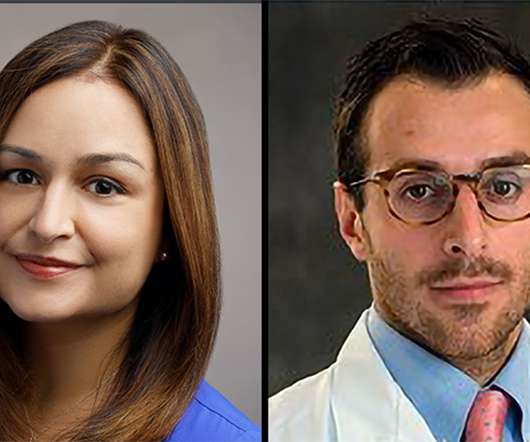
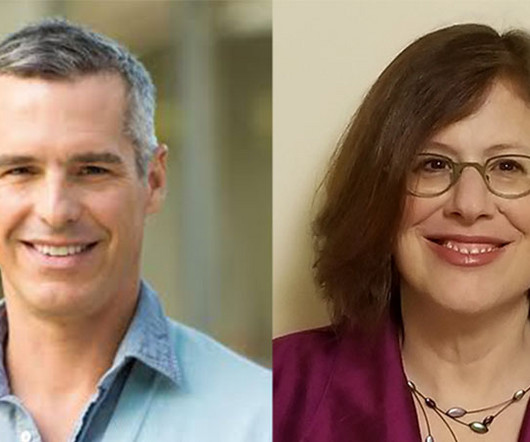


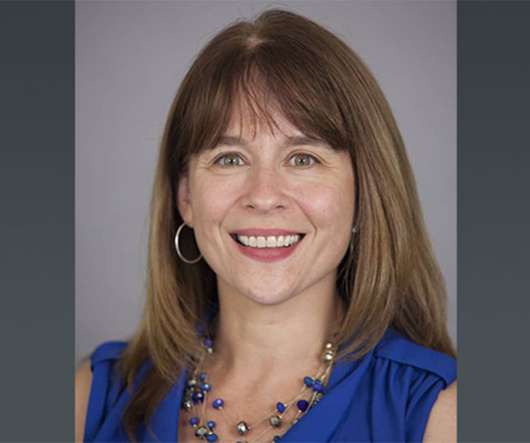
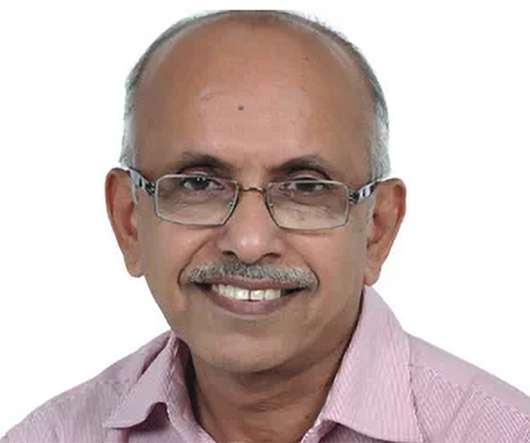

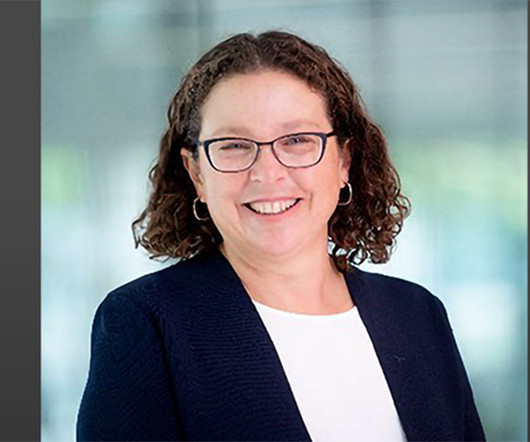

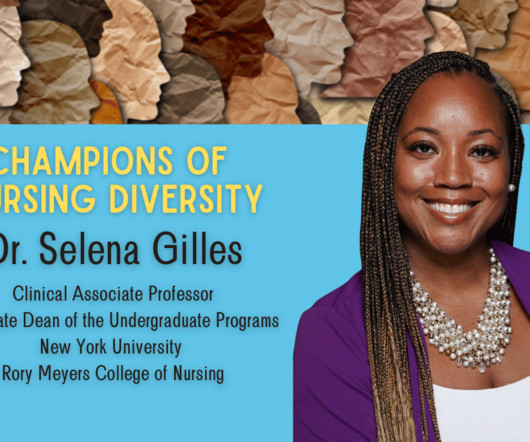

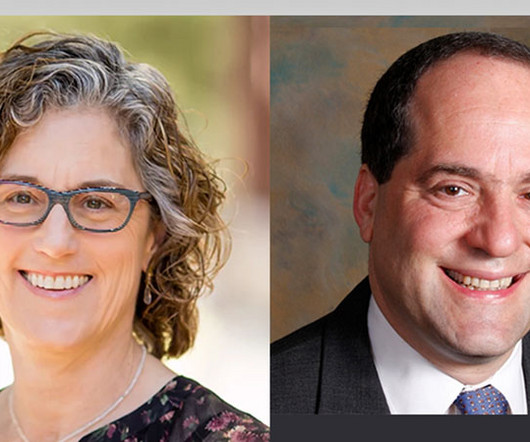






Let's personalize your content